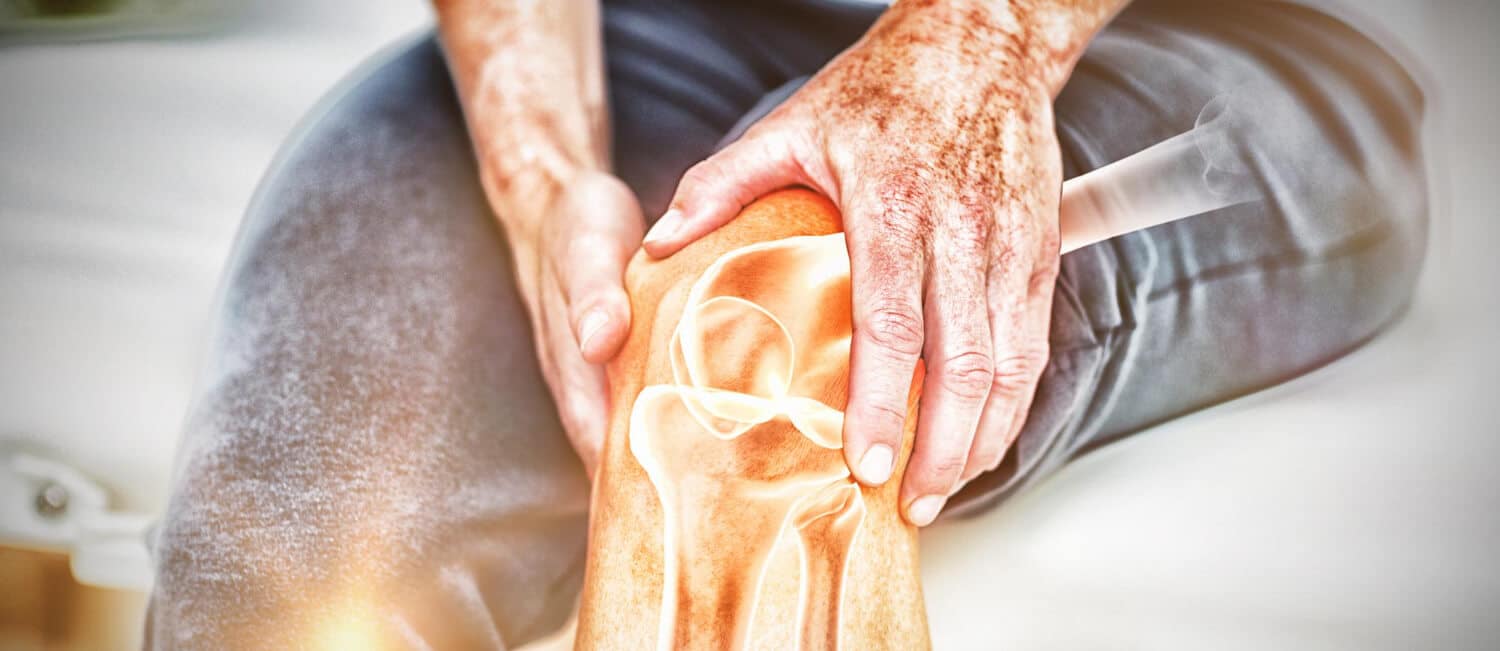As we get older, our bodies undergo several changes and one of the most important features of bone health is not much considered. These are bones which support our whole body and allow us to move. Bones protect our internal organs. Bones provide the structural framework for our bodies and play a vital role in maintaining overall health. Our skeletal system produces blood cells and also stores minerals.
Bone Density
It means to measure the amount of minerals (chiefly calcium and phosphorous)contained in a certain volume of bone. Bone density is a measurement of how strong and dense the bones are.
Low Bone Density
Low bone density which is also called low bone mass osteopenia refers to bone density that is lower than normal peak density but not low enough to be termed OSTEOPOROSIS.
In this article, we will explore what low bone density is, its causes, risk factors, and some necessary steps you can take to maintain your bones fit and healthy. It is a loss of bone mineral density. It indicates that the quantity of minerals in your bones is less than the required level, that’s why bones become weak.
Understanding Low Bone Density
Serious medical conditions occur in low bone density, even which can result in bone fracture.
Normal Bone Density
People with normal bone density have a T- score between +1 and -1. Usually, these people do not need any low bone density treatment. A T-SCORE between -1to-2.5 means you have low bone mass or osteopenia.
Causes of Low Bone Density
- Low bone density is more common in women aged above 50 than in men.
- People with poor nutrition.
- Women after menopause
- Family history matters a lot, if you have a parent with osteoporosis, you are at greater risk too.
- Imbalanced hormonal level.
Treatment of Low Bone Density
By taking necessary steps one can treat low density from progressing to osteoporosis.
What you are eating plays a vital role in building up your bones.
Calcium and Vitamin D
Intake of calcium-enriched and vitamin D products effectively helps you to increase the level of bone density. It includes:
- Milk, cheese, and other dairy products.
- All green leafy vegetables including cabbage, broccoli, and okra.
- Nuts
- Bread and all products made with fortified flour.
- Fish
Exercise
Doing weight-bearing exercises such as walking, dancing or tennis can also help you to slow down bone loss.
Eggs
They also play a vital role in the development of bones.
In addition to diet and exercise, avoiding excessive use of ALCOHOL and QUITTING SMOKING will also reduce your risk of bone loss.
Medicines
There are several medicines for improving low bone density.
Medical History
Certain medical conditions, like rheumatoid arthritis, and prolonged use of certain medications can contribute.
Should You Be Concerned?
Doctors recommend “aerobic exercise” strength training to treat this disease. It is considered a “silent disease” as bone loss starts without showing any signs or low bone density symptoms. No of doubt, by changing your ways of living, you can help yourself in preserving bone density and thus prevent “OSTEOPOROSIS”.
Screening Test
There is only a painless screening test, that can measure bone density.
Osteoporosis
The most alarming condition is osteoporosis in which bone density becomes as low as causes holes inside your bones to widen and the outer walls of the bones to narrow. It makes bones weak and brittle. As bone is a living tissue that is constantly being broken down and restored. Osteoporosis occurs when the formation of new bones stops.
It is a disease that narrows the framework Inside bones to such an extent that even a minor fall or bump against a car door or a piece of furniture may cause bone FRACTURE. Common fractures include fractures of the hip, spine, and wrist. It makes your bones weaker and thinner than they should be. It can be really dangerous because it easily makes you experience a bone fracture.
Medical Check-Ups
Discuss your risk factors with a healthcare provider who may recommend bone density testing. With medical therapies, you may slow down the loss of bone density. Your doctor may recommend you various medications to help you to rebuild your bones. It is really easy to keep your bones healthy and strong than you think.
Firstly, you just have to understand how your diet plan, your lifestyle components, and physical activities affect your bone mass. So it’s important to maintain bone density and try to slow down the bone loss rate. With time, our bodies lose bone density.
Tips to Keep Your Bones Healthy
- To keep your bones healthy and strong, choose foods rich in calcium.
- Try to get maximum vitamin D.
- Doing resistance exercises.
- Try to limit caffeine and frizzy drinks.
- Eat foods containing less salt.
- Take sufficient nutrients for healthy bones.
Conclusion
Low bone density is a serious concern that can lead to fractures and reduced quality of life. By maintaining a balanced diet, and staying active physically you can promote strong and healthy bones as you age. Remember, it’s never too late to pay attention to your bone’s health at any stage of your life.




